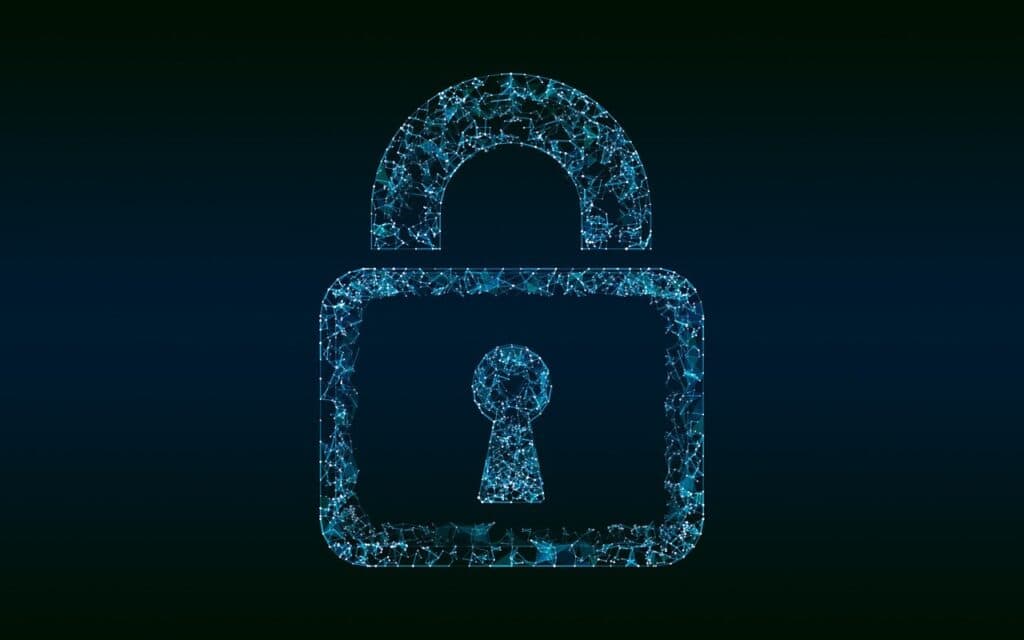In an era where cyber threats are becoming more sophisticated and prevalent, organizations can no longer rely solely on technology to protect themselves. Employees, often referred to as the “human firewall,” play a critical role in an organization’s defense against cyberattacks. However, without proper training and awareness, they can also become the weakest link. Strengthening security awareness within your team is essential to building a robust cybersecurity posture.
At CMIT Solutions of Concord, we empower businesses by providing comprehensive security awareness programs and tools that prepare employees to recognize and respond to cyber threats effectively. This blog explores the importance of security awareness and actionable strategies to create a more cyber-resilient workforce.
The Importance of Security Awareness in Today’s Threat Landscape
Why Security Awareness Matters
Cybercriminals increasingly target employees with phishing, social engineering, and other schemes designed to exploit human behavior. A single click on a malicious link can compromise an entire network. Security awareness reduces this risk by educating employees about common threats and teaching them how to respond appropriately.
Our cybersecurity solutions include employee training programs tailored to the evolving threat landscape.
The Cost of Ignorance
Lack of security awareness can lead to:
- Data Breaches: Compromised sensitive information can result in reputational damage and financial losses.
- Downtime: Ransomware and other attacks can disrupt operations.
- Non-Compliance: Failure to meet regulatory requirements due to security lapses can result in penalties.
Our compliance services help businesses adhere to industry standards while strengthening their defenses.
Strategies to Build a Security-Aware Workforce
1. Implement Comprehensive Training Programs
Training is the foundation of security awareness. Regular, engaging, and up-to-date training sessions ensure employees understand current threats and how to mitigate them. Topics should include phishing detection, password hygiene, and secure device usage.
At CMIT Concord, we provide training modules that are interactive, practical, and customized to your business needs.
2. Conduct Phishing Simulations
Phishing remains one of the most common cyber threats. Simulated phishing campaigns test employees’ ability to recognize malicious emails and provide valuable feedback on areas for improvement.
Our managed IT services include phishing simulation tools that assess and enhance your team’s readiness.
3. Foster a Security-First Culture
Building a culture where security is prioritized requires more than just training. Leadership must demonstrate commitment to cybersecurity, and employees should feel empowered to report suspicious activities without fear of reprisal.
Our IT support services help create a collaborative and secure environment for your team.
4. Use Technology to Reinforce Security
Automated tools and technologies can complement employee efforts by detecting and mitigating threats. Implement multi-factor authentication (MFA), endpoint protection, and secure communication tools.
Our productivity applications integrate security features that support your team’s workflows while protecting sensitive information.
5. Tailor Security Policies to Real-World Scenarios
Generic policies are often overlooked or misunderstood. Create actionable security policies that are specific to your business processes and industry requirements.
At CMIT Concord, we help businesses design and implement security policies that are both practical and effective.
Key Areas of Focus in Security Awareness Programs
1. Identifying Phishing and Social Engineering Scams
Teach employees to recognize common tactics used by cybercriminals, such as suspicious email attachments, urgent requests for sensitive information, and unusual sender addresses.
Our cybersecurity services include detailed training on identifying and responding to phishing attempts.
2. Practicing Good Password Hygiene
Strong passwords are a critical line of defense. Encourage employees to create unique, complex passwords and use password managers for secure storage.
Our IT guidance ensures your team adopts best practices for password management.
3. Securing Remote Work Environments
As remote work becomes more common, securing home offices and devices is essential. Employees must understand the risks of unsecured Wi-Fi networks, personal devices, and phishing attacks targeting remote workers.
Our cloud services and unified communications provide secure solutions for remote work environments.
4. Protecting Against Ransomware Attacks
Ransomware continues to be a significant threat. Employees should be trained on how ransomware works, how to avoid it, and what to do if an attack occurs.
Our data backup services ensure your critical files are protected and recoverable in the event of a ransomware attack.
The Role of Leadership in Security Awareness
1. Lead by Example
Leadership should model good cybersecurity practices, demonstrating the importance of security awareness at every level of the organization.
2. Encourage Open Communication
Create an environment where employees feel comfortable reporting potential threats or asking questions about security policies.
3. Allocate Resources
Invest in tools, training, and support to maintain a robust security awareness program.
Conclusion: Empower Your Team to Combat Cyber Threats
Strengthening security awareness is not a one-time effort; it’s an ongoing commitment to empowering your team with the knowledge and tools they need to defend against evolving cyber threats. By fostering a security-first culture and leveraging expert support, businesses can reduce their risk and enhance resilience.
At CMIT Solutions of Concord, we provide end-to-end security solutions, from employee training to advanced threat detection. Contact us today to learn how we can help your organization build a more secure future.






